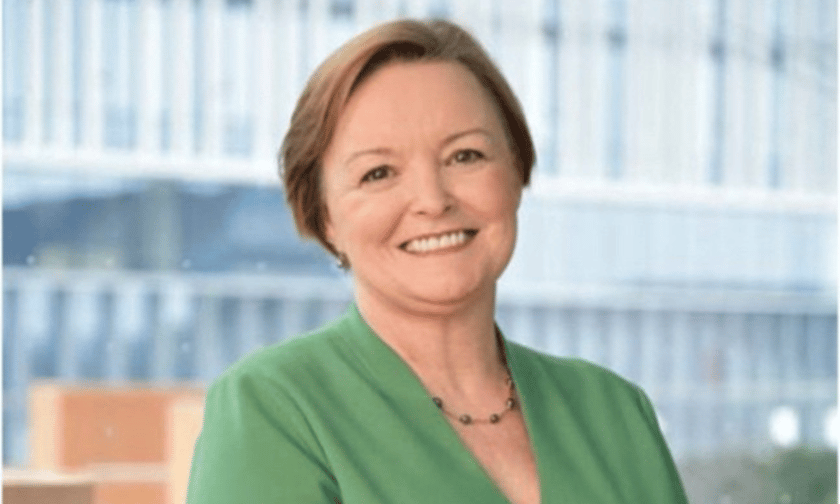

Aviva Canada has announced a $500,000 contribution to support initiatives addressing food insecurity and promoting diversity, equity, and inclusion (DEI) across Canada.
The funding aims to provide immediate relief to communities in need and foster long-term social improvements.
Of the total, $250,000 will be allocated to combat food insecurity. Food Banks Canada will receive $200,000, with a portion directed to its North Program, which assists Indigenous communities in Northern Canada facing limited employment opportunities and barriers to accessing essential goods like groceries.
The remaining $50,000 will go to Community Food Centres Canada to support organisations that provide fresh, culturally appropriate food and promote community connection, skill development, and healthy living.
In addition to financial contributions, Aviva said that its employees will volunteer with food organisations across Canada in the weeks leading up to the holidays, furthering the company’s engagement with local communities.
Aviva Canada has also committed another $250,000 to initiatives aimed at addressing social inequality and advancing diversity, equity, and inclusion.
The funds will support various programmes, including leadership development for women and gender-diverse individuals, improving financial literacy, fostering economic growth in Indigenous communities, supporting caregivers and the neurodivergent community, and promoting inclusive environments.
Tracy Garrad (pictured above), chief executive officer of Aviva Canada, highlighted the company’s commitment to social impact.
“I am touched to see our people giving back and helping in their communities,” Garrad said. “This commitment echoes Aviva’s ambition to make a tangible difference and help build a strong, resilient, and inclusive Canada.”
Earlier this month, the company also announced the start of the application period for the third edition of its “Charged for Change” initiative, aimed at bolstering public electric vehicle (EV) charging options in underserved communities across the country.
Following successful installations in 15 municipalities, the program’s latest funding round promises to expand access to EV infrastructure in communities with limited public charging options.
What are your thoughts on this story? Please feel free to share your comments below.
